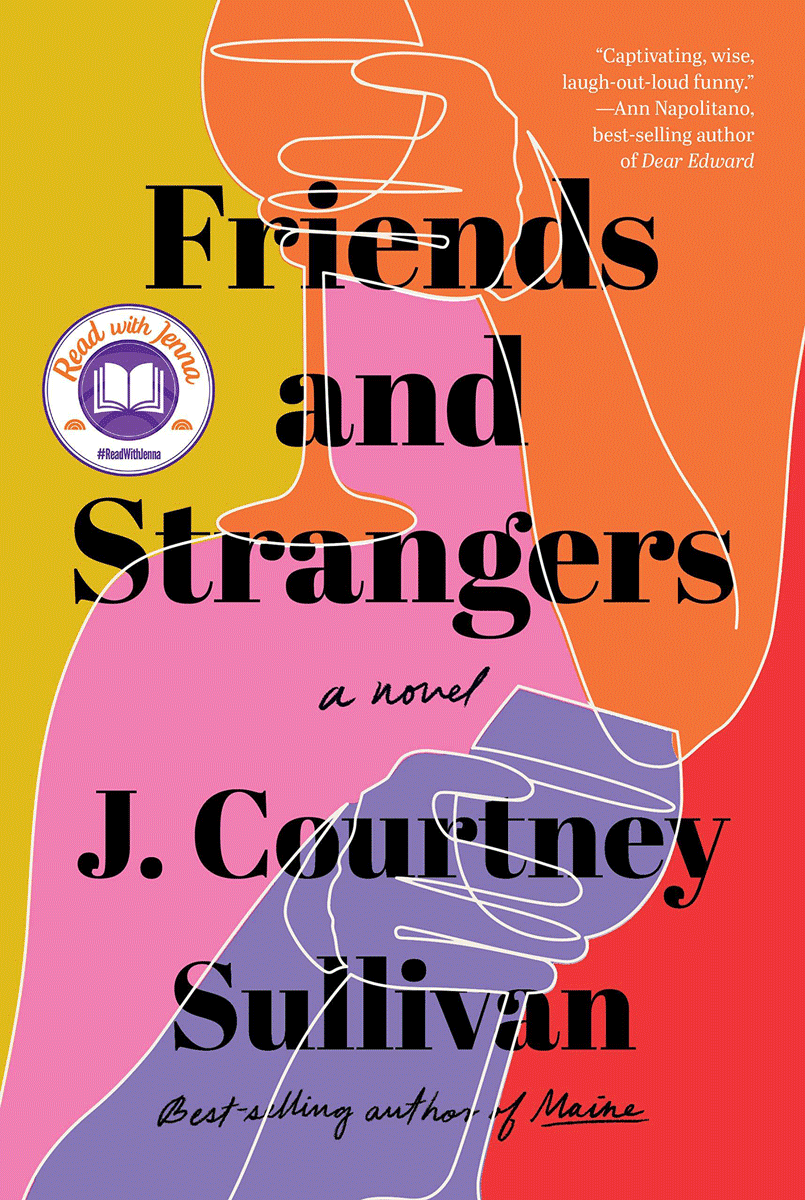When French-Moroccan writer Leila Slimani's novel The Perfect Nanny debuted in 2018, the literary world was stunned. The prose was as electric as the real-life-inspired story was harrowing, netting Slimani a coveted Prix Goncourt award. But part of the book's success was rooted in the way it subverted the nanny-employer relationship that cultural fixtures from Peter Pan to The Help have taught us to idealize.
As horrific as the plot of Slimani's novel is (it centers on infanticide), it also opened up a long-taboo topic: What if the people we hired to take care of our children had feelings, needs, and desires of their own? Of course, this is not completely uncharted territory: Works from Jane Eyre to The Babysitters Club have considered the inner lives of care-givers. But what sets the new nanny lit apart is a distinct focus on the idea of the surrogate mother (or father) as an economic and social arrangement that isn't inherently beneficial to all parties.
It's a quietly radical idea in a society that systemically devalues low-wage workers, particularly women of color (who make up 40% of child care workers.) Now, in the wake of The Perfect Nanny's success—and following a wave of books examining motherhood, primarily from a white, solidly middle-class perspective—the tide has turned to books about nannies, further interrogating what it means to center your life around a child (even if the child in question isn't yours).
Two such books—Kiley Reid's Such a Fun Age, which has already been acquired by Lena Waithe, and, more recently, J. Courtney Sullivan's Friends and Strangers—fit into this description, but they're a far cry from the juicy tell-alls of the early aughts: Instead, these novels set their sights on untangling the complex dynamics that can arise when one woman employs another to care for her children.
Representing the business of in-home childcare accurately has always been a tricky proposition. While 2002's The Nanny Diaries captured the phenomenon of young, mostly white, educated women nannying as a well-remunerated stopgap before starting their "real" jobs, the reality for career nannies looks somewhat different. According to the U.S. Bureau of Labor Statistics, the median pay for childcare workers in 2019 was $11.65 per hour: Many nannies have no formal contract (something that the National Domestic Workers Alliance is looking to remedy), and the COVID-19 pandemic has made their work situations all the more precarious.
Such a Fun Age delves headfirst into this precarity, with Black protagonist Emira longing for Alix—the white mother of two for whom she babysits—to give her the annual contract, benefits, and paid time off that she associates with adult stability. What Alix wants, though, is to convince herself of a fictive friendship with Emira, without understanding that any relationship between employer and employee is inherently unequal: Alix wants to believe that Emira's love and admiration for her extends beyond a paycheck, craving the sort of emotional labor from Emira that Black women have so frequently been tasked with performing in the workplace.
A similar dynamic is at play in Friends and Strangers, although class is brought into sharper focus than race. Financially struggling college senior Sam is at first seduced, then ultimately appalled by the way her employer, new mom and Brooklyn transplant Elisabeth, goes out of her way to deny her wealth (the discovery of a $46 hand soap plays a pivotal role in Sam's disillusionment.)
Like Alix, Elisabeth is a white woman willing to pay not only for childcare, but for the seductive idea that she is enriching a less-privileged younger woman's life: When Emira and Sam fail to adhere to their employer's expectations, both mothers balk. Elisabeth is a less scathing interpretation of the "well-meaning" white woman than Alix is, but ultimately, both women let privilege blind them to the reality that the young domestic workers in their lives don't exist for their benefit alone.
What's crucial about Such a Fun Age and Friends and Strangers, though, is that they are more than "nanny novels" predicated on a Manichaean dynamic between employer and employee. They expertly lay bare the shortcomings of the employers they represent, but they allow them humanity too: These mothers are lost, isolated and often have no one else to whom they feel they can turn other than their nannies. More importantly, while these books center the young women who have been transported into unfamiliar and luxe surroundings under the auspices of caregiving, they take care to define their protagonists by more than their work.
As a pandemic and a long-overdue racial reckoning give way to a more general reexamination of the social inequities we structure our lives around, it feels like the ideal moment for a wave of novels that dismantle our deeply ingrained expectations around caregiving and provide an framing of the nanny-employer relationship that is complex, murky, and—ultimately, necessarily—flawed.
.jpg)
